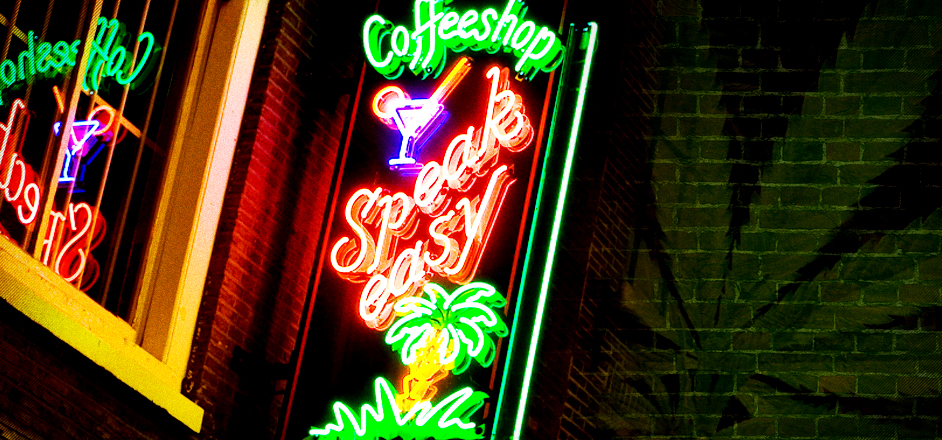At the stroke of midnight on New Year’s Day in Amsterdam this past January, the world’s oldest cannabis ‘coffeeshop’ shuttered its doors for good. It’s a time Mellow Yellow’s owner Johnny Petram called “the worst day” of his life, a fallout of the country’s obvious campaign to shake itself of the marijuana Mecca image it’s carried for the past many decades.
Stuck between the crosshairs of an adapting city, Petram’s shop and 28 other establishments like his were closed mainly because of a government-backed law that now requires cannabis coffeeshops within 250 meters of any school to cease existing — even though the university near Mellow Yellow is only a hairdressing academy where most students are over the age of 18 and legally allowed to smoke anyway.

And as The Telegraph also points out, he’ll be required to pay the €7,000 a month in rent on an empty building until his lease expires, “with no resources to fight on.” It’s just one of the dozen or so stories shedding light on a city losing its storied stoner identity.
The numbers of legal places to consume cannabis in Amsterdam has continued to decline since the turn of the century; and the way laws and rules are being addressed around the space now, anyone with resources and a desire to replace the closed shops are unable to do so. In fact, The Economist claims the number of legal cannabis establishments in Amsterdam has decreased by more than half since 1995 (from 350 to 167) — the direct result of things like its “no growth policy,” which states no new licenses can be issued to replace those that have been closed.
The city and the surrounding areas with shops aren’t losing the industry entirely, however. In a recent poll of tourists, roughly one in four say they intend to visit a coffeeshop while there; meaning the ones that are open simply deal with larger than normal crowds to keep happy.
Yet as the space around previously illicit drugs continues to expand worldwide, the novelty of an Amsterdam fades. Why travel all the way to the Netherlands when there is a perfectly convenient country in the United States (and Canada, and Argentina, and Portugal, and many others) to consume what was once highly illegal?

Will anywhere take Amsterdam's place as the hashish holy land once its image is gone? Certainly not Colorado, as most would likely predict. Recently, a voter-approved initiative to allow publicly accessible consumer lounges was shredded to the point of inefficiency by those in charge. As it stands, I-300 states that no establishment selling liquor or weed will be able to host cannabis nights (unless they meet strict alcohol exclusion rules), and it’s required to get the approval of surrounding neighborhoods to do so. Proponents of the ballot claim the recent dissection of the initiative makes it so exclusionary, most places of businesses won’t even bother. It's back to consuming in the shadows for Colorado. …
And it won’t likely happen anywhere else, either. What was unique about Amsterdam’s pot-liberal culture, and why it became synonymous with summer getaways for the angsty pothead, was its exclusivity and novelty. There was literally nowhere else in the world to go to get high in public without the very real possibility of spending time in jail (or at least, not anywhere near as popular). The Netherlands, though never having a direct set of laws legalizing certain substances, always took a policy of “tolerating” it rather than legalizing it — a way to ascertain more control over the marijuana industry. That “okay, sure” policy was a driving force in a worldwide reputation.

Now, entire countries are moving or have moved toward full legalization, and even parts of the world (including the U.S.) have gone one-step further making bids for psychedelic industries in the near future. Weed, it seems, has become passé.
The reality is, a fantasy like Amsterdam’s history no longer has a place in a world where liberalization efforts are happening everywhere. And it’s not so much replacing the city, as it is learning from the social experiment it was a crucial part of for over four decades and continuing its legacy closer to home.
Supply, demand and a reshaped world have forever taken Amsterdam’s identity. Pot pilgrimages are a thing of the past.





Leave a Reply